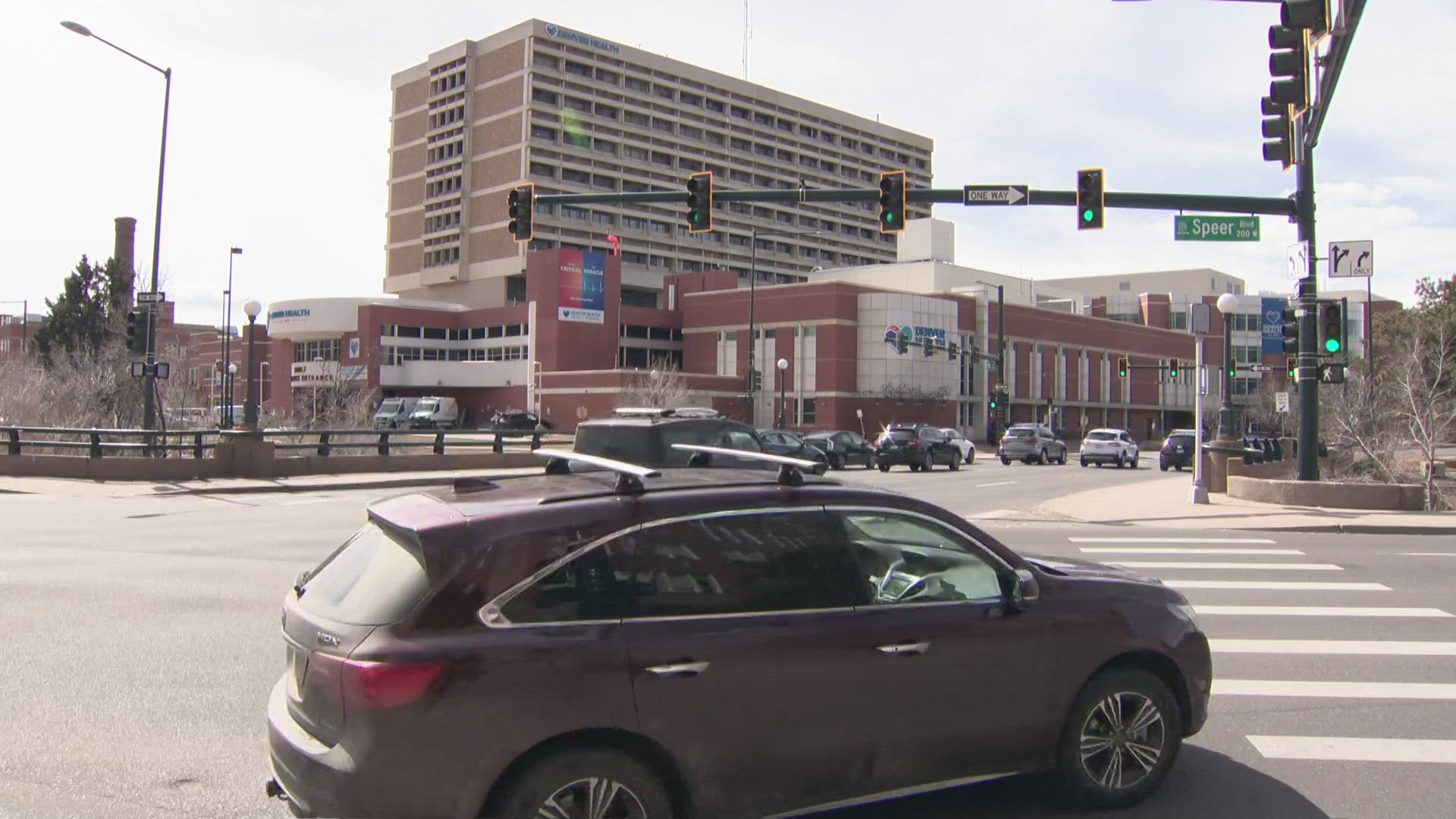DENVER — Two state lawmakers are proposing a bill that would give cities more latitude to use photo radar enforcement, removing a requirement that an officer has to be present when a radar photo is taken for a ticket and removing restrictions on where speed enforcement operations can be.
Currently, state law only allows speed enforcement operations in residential areas, near schools and near parks.
SB23-200 would allow cities to create photo enforcement zones with fixed cameras that don’t require an officer to operate.
“We have a lot of evidence that shows traffic enforcement like this increases compliance, and we’ve seen road deaths increase dramatically over the last few years,” said state Sen. Faith Winter (D-Westminster).
“When we know that this reduces deaths – it reduces crashes – we need to use these tools where they’re needed the most," she said.
Under the law, a city could create a so-called “automated vehicle identification corridor,” an area with a permanent sign notifying drivers that photo enforcement is being used in the area. In order to create a photo enforcement zone, a city would have to notify the public 30 days prior to the camera being active and issue only warnings for the first 30 days the camera is active.
The bill removes a requirement that an officer or other city employee must be present while the camera is active. Speed cameras would operate more like red light cameras in the city.
“This bill would allow monitoring to happen 24/7 without monitoring by a person, and to allow it to be used on larger roads – arterial roads like Federal Boulevard, for example,” said Aishwarya Krishnamoorthy, the director of communication for Bicycle Colorado, a safe streets advocacy group lobbying for the change.
Both Winter and Krishnamoorthy insist the purpose of the bill isn’t revenue generation. The bill caps the fine for drivers at $40 and, as with other photo enforcement mechanisms, wouldn’t add points to a driver license.
“Automated enforcement is a more equitable way to encourage the change in driving behavior and to decrease speeding,” Krishnamoorthy said. “In the end we would like this to not exist anymore because people have changed behavior.”
Jude Ramirez, an attorney who defends clients against red light tickets, called the bill terrible for the individual and a moneymaker for city governments.
“The reality is right now in the present economic situation that is when we need more safeguards,” Ramirez wrote in an email to 9NEWS.
Ramirez said the provision removing an officer from speed vans could mean unnecessary fights for drivers who choose to challenge citations.
“Without proper supervision of what is the law, a person may have to take time off and go to court to fight the charge and may have been unnecessary with a properly trained professional,” Ramirez said.
The bill also changes the notification period for city governments to issue the citations. Previously, city governments had 90 days to notify someone. The bill would require anyone with an in-state plate to be notified in 30 days. Owners of vehicles registered out-of-state would have to be notified within 60 days.
Under the bill, any citation would have to be reported to the Colorado Department of Revenue and could lead to suspension of a vehicle registration.
The bill was introduced in the Colorado State Senate on Monday.
> Have a tip about this or any story? E-mail 9NEWS reporter Steve Staeger at steve@9news.com.
SUGGESTED VIDEOS: Latest from 9NEWS

